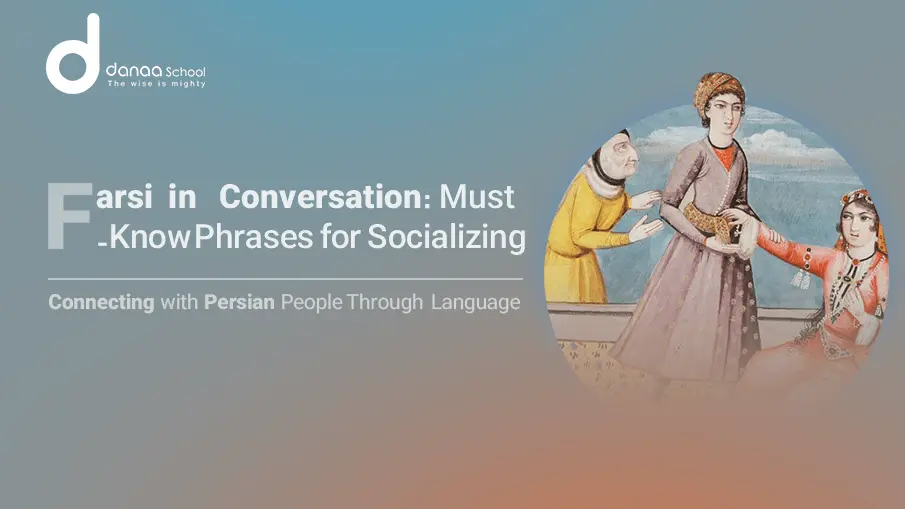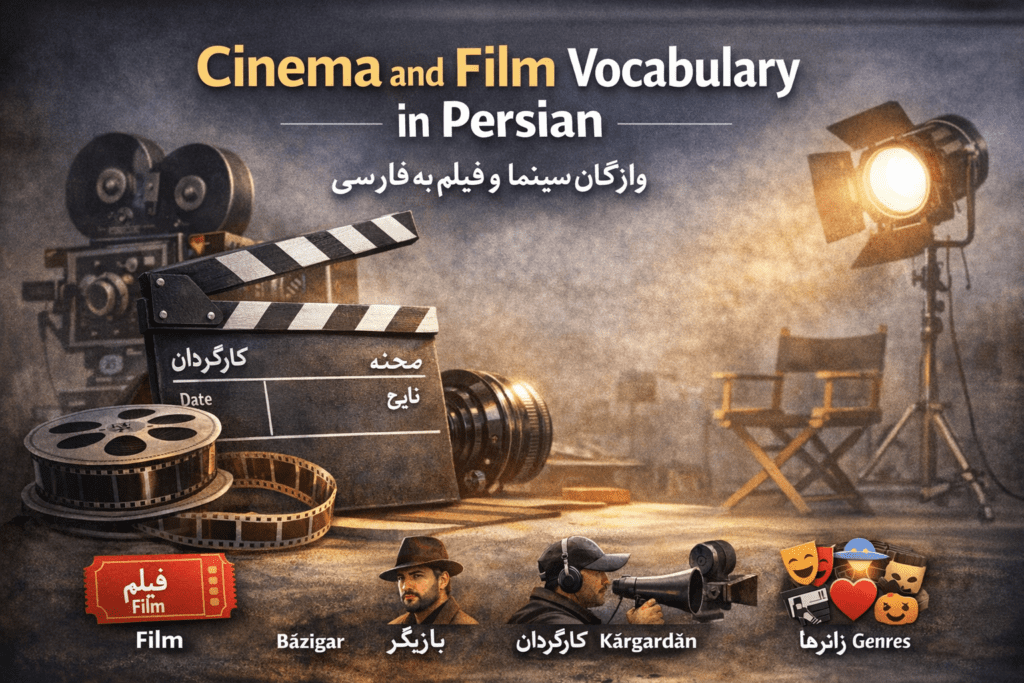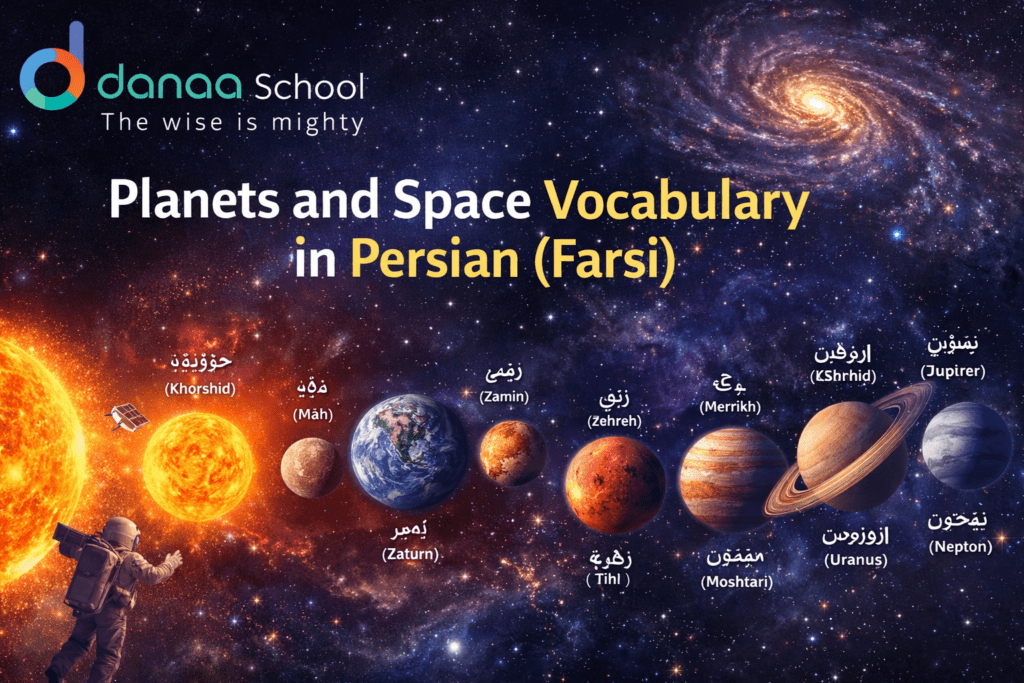Is Farsi Hard to Learn? An Honest Answer for English Speakers
Is Farsi hard to learn? This is one of the most common questions asked by English speakers interested in Persian culture, travel, or language learning. The short answer is clear: Farsi is not as hard as you might think—but like any language, it has its own unique characteristics.
In this article, we’ll honestly explore how difficult Farsi really is, what makes it easier than many other languages, where learners usually struggle, and how you can learn Persian faster with the right approach.
Understanding the Farsi Language
Farsi, also known as Persian, is an Indo-European language with thousands of years of history. It is spoken mainly in Iran, Afghanistan (Dari), and Tajikistan (Tajiki). Despite its ancient roots, modern Farsi is widely used in everyday conversation, media, and literature.
Learning Farsi is not only about vocabulary and grammar—it’s about entering a cultural world shaped by poetry, philosophy, and storytelling.
What Makes Farsi Challenging?
For English speakers, Farsi can feel challenging in a few specific areas. Understanding these challenges early helps reduce frustration.
1. The Writing System
Farsi uses a modified version of the Arabic script and is written from right to left. At first, this may seem intimidating. However, the good news is that Farsi spelling is mostly phonetic, making reading much easier once you learn the alphabet.
2. Pronunciation
Most Farsi sounds are familiar to English speakers, though a few consonants and long vowels may take practice. Regular listening and repetition usually lead to fast improvement.
3. Idioms and Expressions
Persian uses many idiomatic and metaphorical expressions. While this can be confusing at first, it also makes the language rich, expressive, and enjoyable to learn.
What Makes Farsi Easier Than Many Languages?
Many learners are surprised to discover that Farsi is structurally simpler than several popular languages.
- No grammatical gender (no masculine or feminine nouns)
- No articles (no “a” or “the”)
- Simpler verb conjugations than many languages
- Flexible sentence structure in spoken Farsi
Because Farsi is an Indo-European language, English speakers often find the sentence logic familiar, even if the vocabulary looks different.
Is Farsi Hard to Learn for English Speakers?
For most English speakers, Farsi is considered a medium-difficulty language. It is generally harder than Spanish but significantly easier than Arabic, Chinese, or Japanese.
Another important factor when asking “Is Farsi hard to learn?” is motivation. Learners with a personal connection to Persian culture, family, or travel goals often progress much faster than those studying purely for academic reasons.
With curiosity, consistency, and proper guidance, many learners find Farsi logical, expressive, and deeply rewarding.
How Long Does It Take to Learn Farsi?
The time required depends on your learning goals and study habits:
- Basic conversation: 3–6 months
- Intermediate level: 9–12 months
- Advanced fluency: 18–24 months
Consistent practice, guided instruction, and regular conversation significantly shorten the learning process.
Best Strategies to Learn Farsi Faster
Practice Speaking Early
Don’t wait until you feel “ready.” Speaking early builds confidence and accelerates comprehension.
Learn Through Culture
Persian poetry, music, films, and stories provide emotional context that makes learning faster and more memorable.
Use Structured Courses
Platforms like Danaa School combine language instruction with culture and real-life usage, making Farsi easier and more engaging for learners at all levels.
Why Learning Farsi Is Worth It
Learning Farsi opens the door to one of the world’s richest literary traditions—from Rumi and Hafez to Ferdowsi. It also enhances travel experiences, cultural understanding, and meaningful human connection.
FAQs
Is Farsi harder than Arabic?
For most learners, no. Farsi grammar is simpler and more predictable.
Can I learn Farsi without learning the alphabet?
You can start speaking, but learning the script is highly recommended.
Is Farsi useful outside Iran?
Yes. Persian is spoken across several countries and large diaspora communities.
Learn Farsi with Danaa School
If you want to learn Farsi in a clear, structured, and culturally rich way, Danaa School offers guided courses for beginners to advanced learners—covering language, poetry, and Persian culture.
Conclusion
Is learning Farsi hard? It can be challenging, but it’s also incredibly rewarding. Farsi is not just a language; it’s a key to a rich cultural heritage and offers a unique perspective on the world. With dedication and the right approach with appropriate Farsi calsses, anyone can learn Farsi and appreciate the beauty it holds.
So, whether you’re pondering “How difficult is Farsi to learn?” or considering the benefits of learning Farsi, remember that the journey of learning Farsi is as rewarding as the destination itself. Start this linguistic adventure with Danaa School and discover the beauty of Farsi for yourself! So, Is Farsi hard to learn? Sign up now to give it a try.








